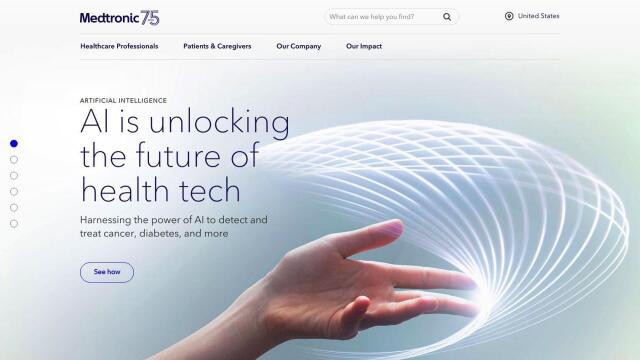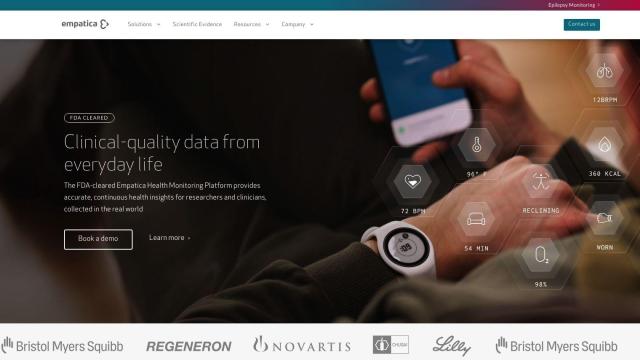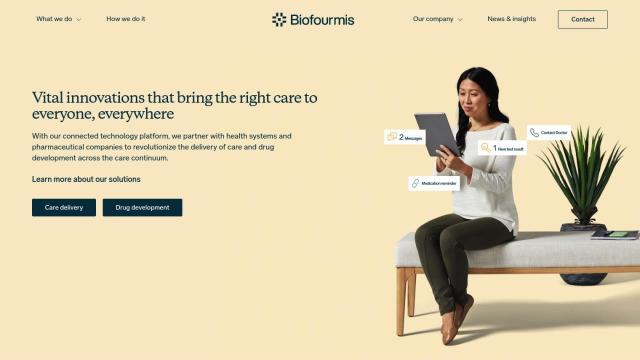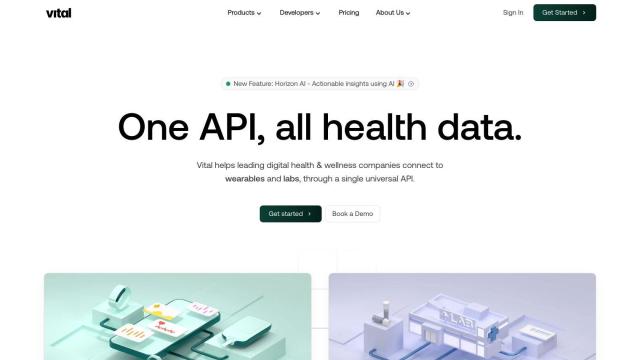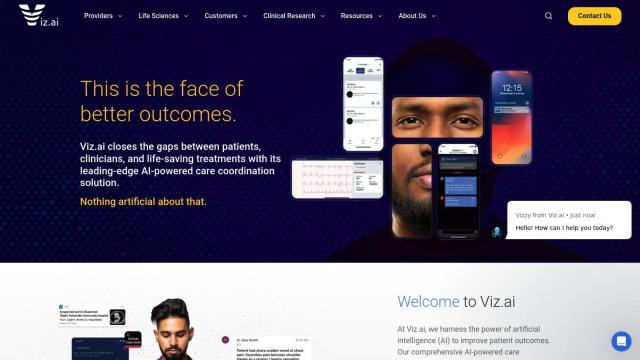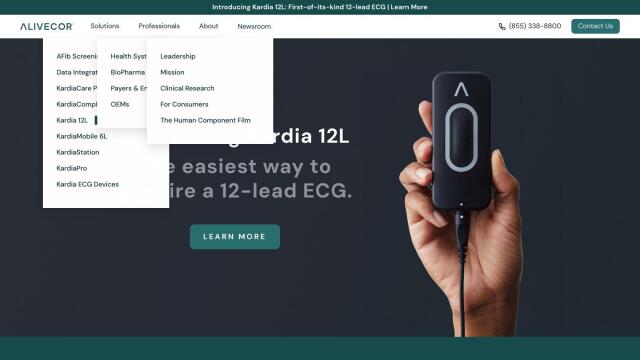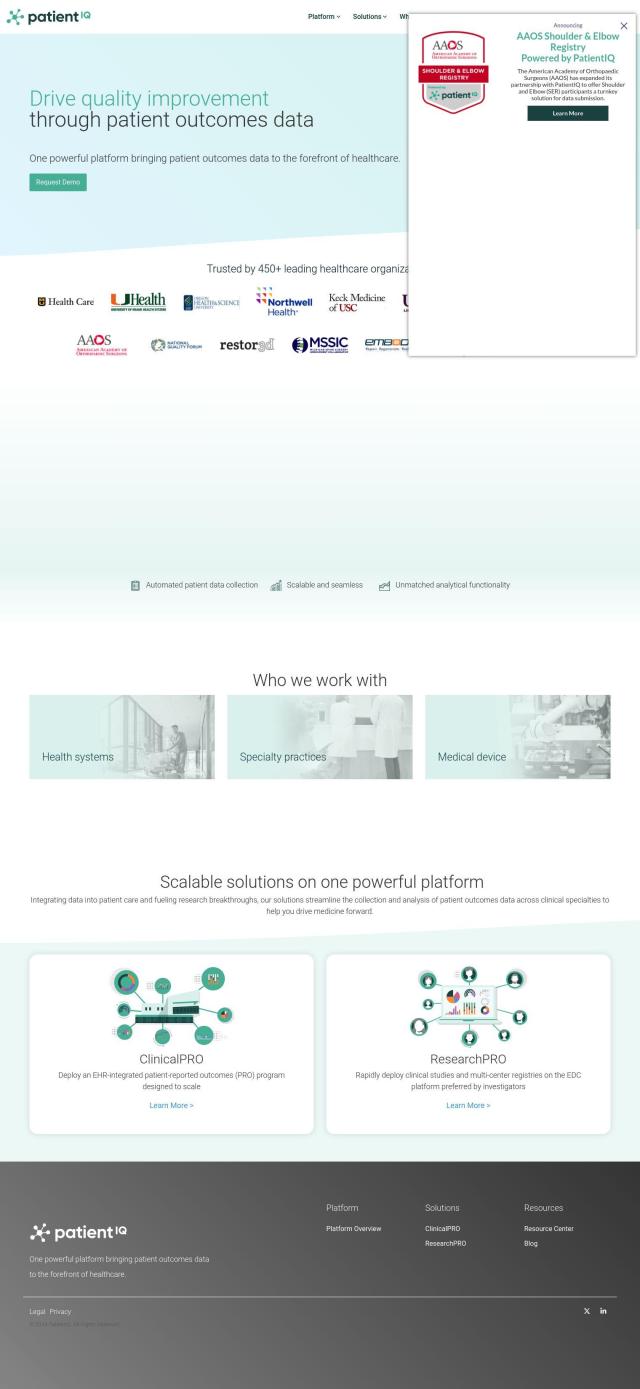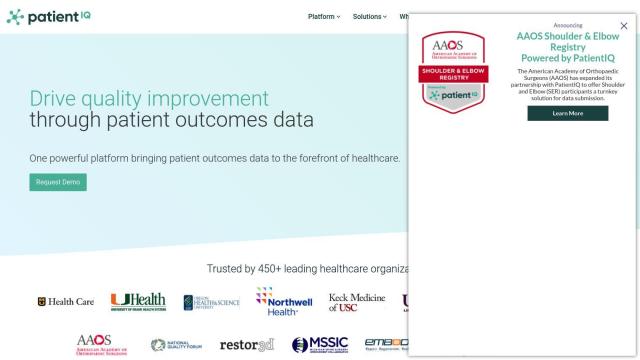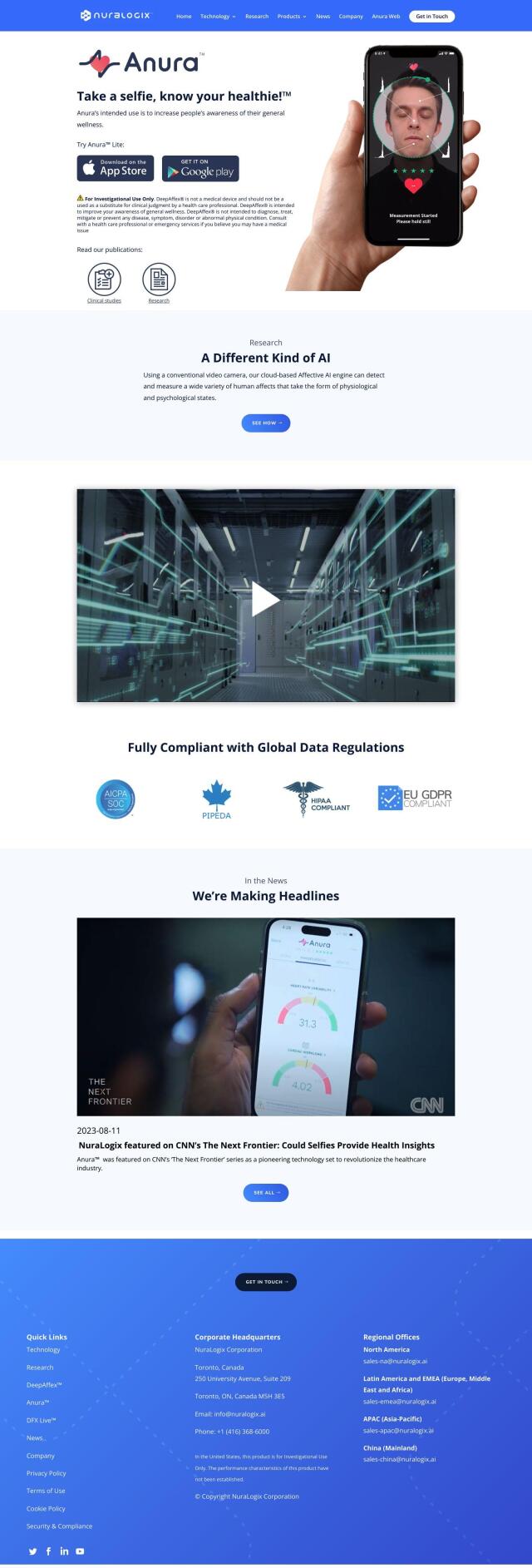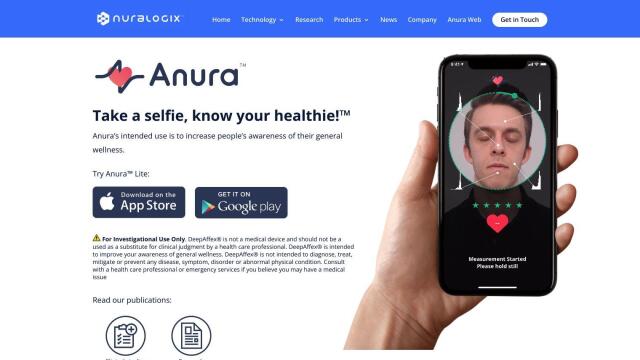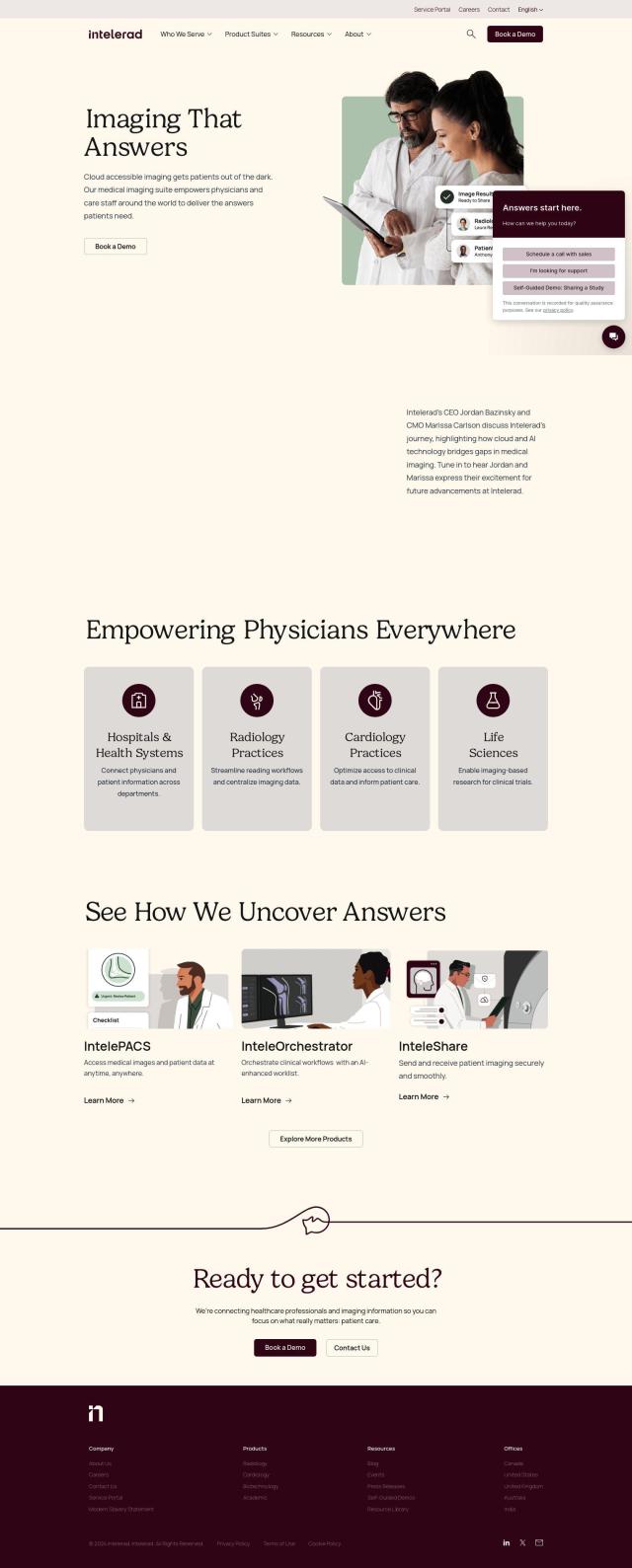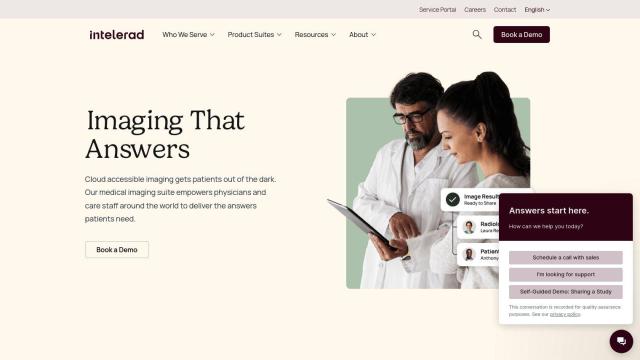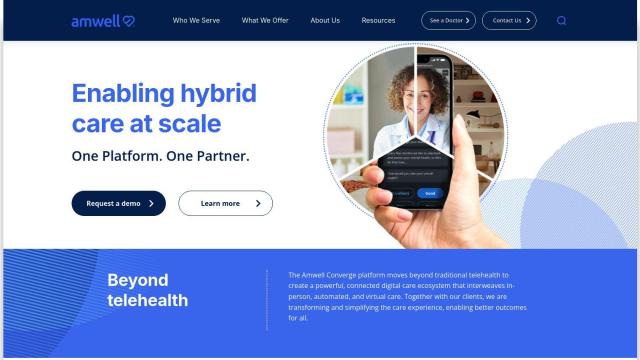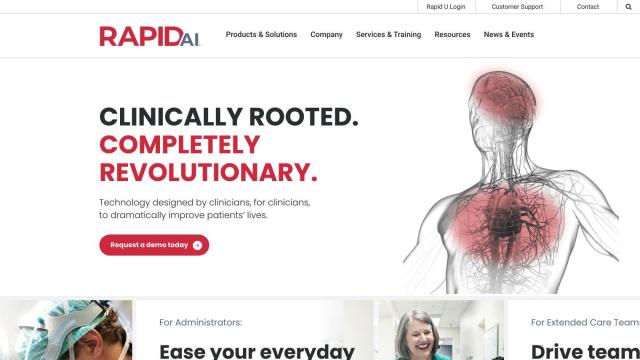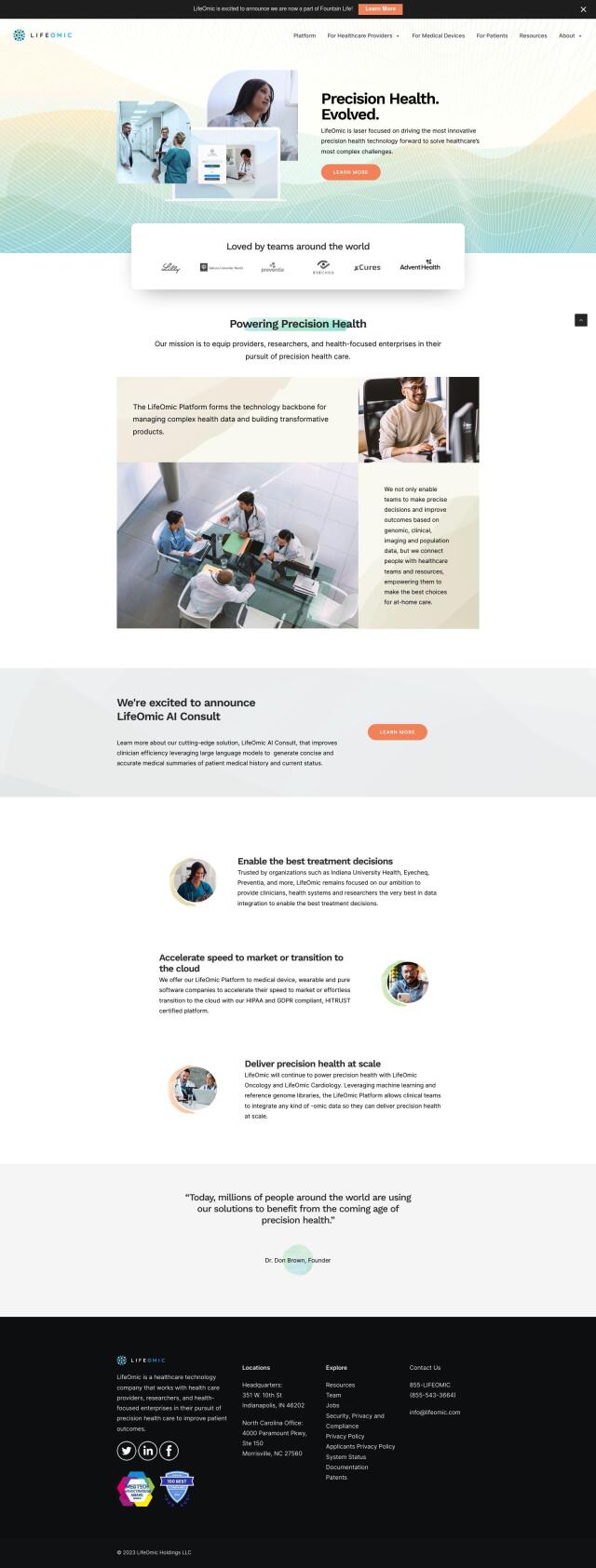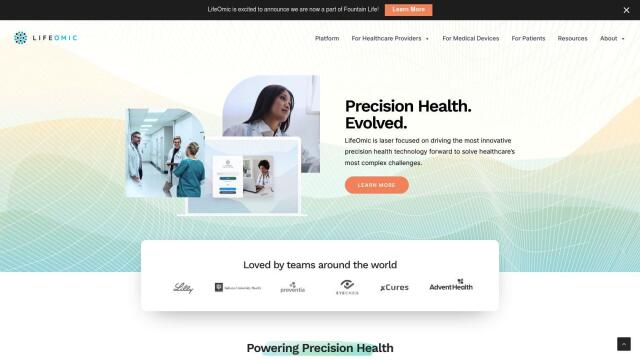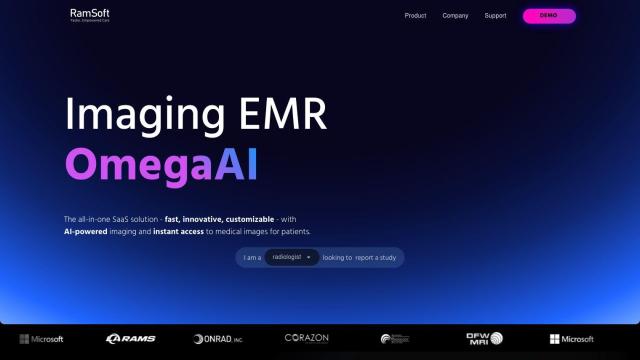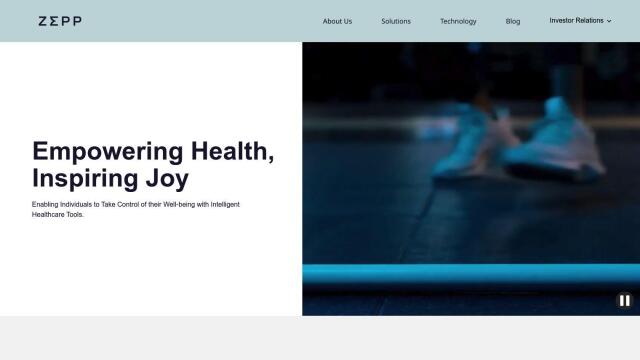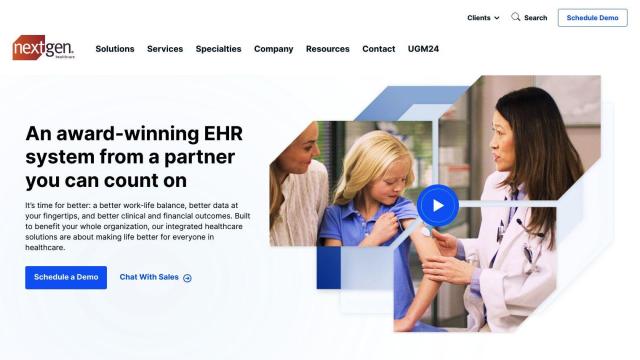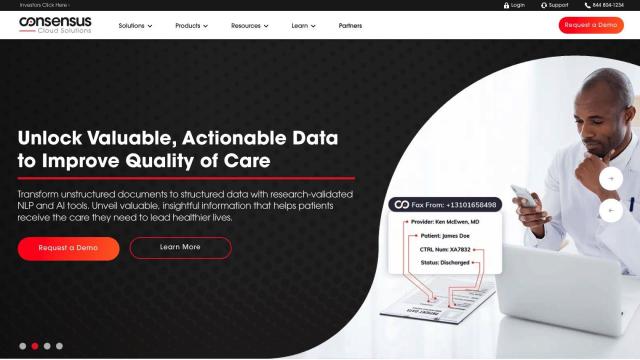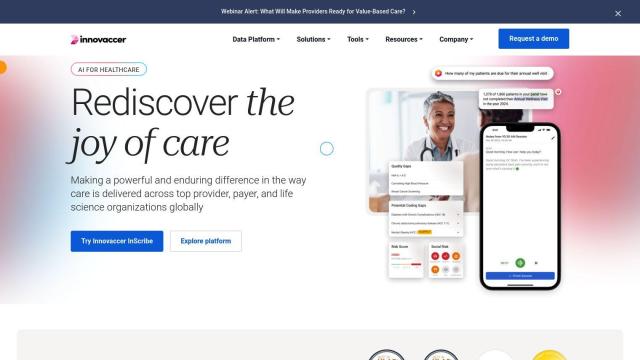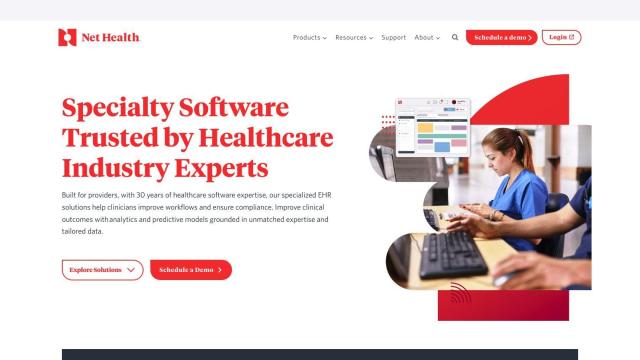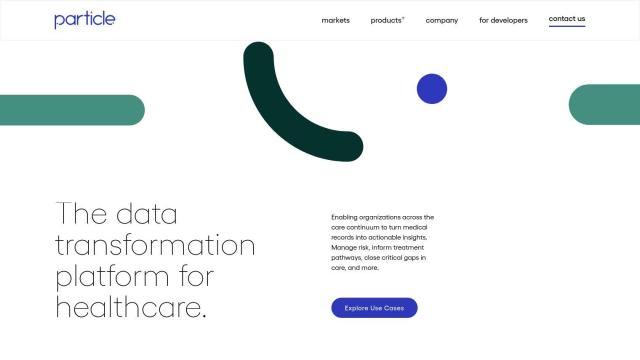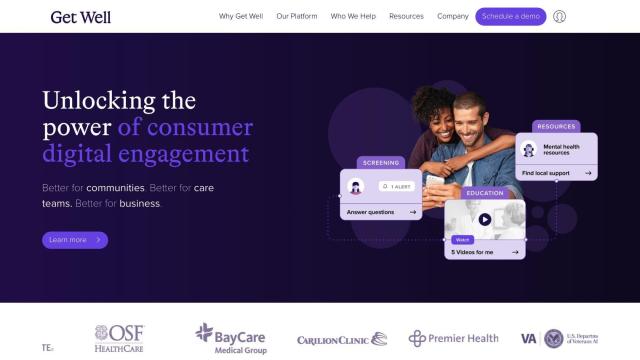Question: Can you recommend a remote cardiac monitoring platform that integrates with multiple device manufacturers?

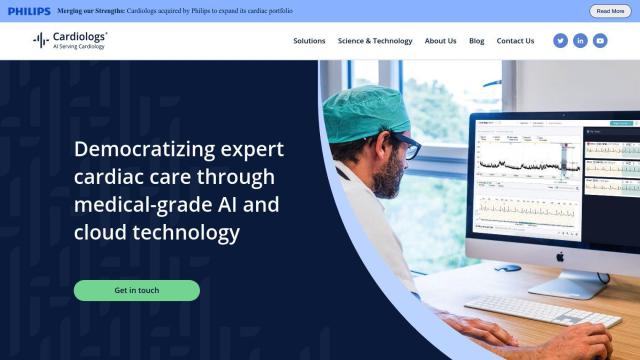
Cardiologs
If you're in the market for a remote cardiac monitoring platform that can handle multiple manufacturers' devices, Cardiologs is a strong contender. The cloud-based platform uses Artificial Intelligence to help doctors work more efficiently and accurately when spotting arrhythmia problems, cutting analysis time by up to 78% and spotting more than 20 types of arrhythmia events. It's vendor-neutral and can handle a range of recording formats, so it's adaptable for a range of health care providers.

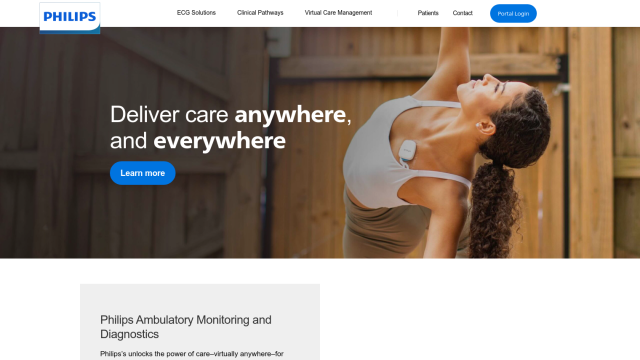
Philips Mobile Cardiac Telemetry — MCOT
Another strong contender is Philips Mobile Cardiac Telemetry (MCOT). MCOT's near real-time arrhythmia analysis is highly accurate, thanks to the SmartDetectAI algorithm. It can be worn in a variety of configurations and can be integrated with clinical pathways for post-TAVR, post-stroke and post-AF ablation monitoring. The system also offers telehealth integration and has been used in several case studies.

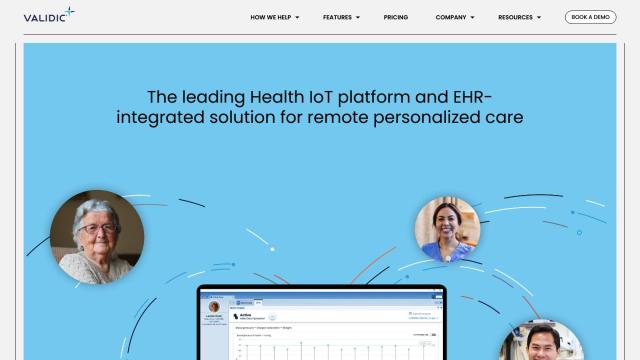
Validic
If you're looking for a more general-purpose Health IoT platform, check out Validic. Validic connects a wide range of health devices and apps to help turn personal health data into useful information. It has deeply integrated EHR integration with existing Epic or Cerner systems, so health care providers can manage patient health data and streamline clinical workflows. The platform is designed to help personalize care and improve population health programs.

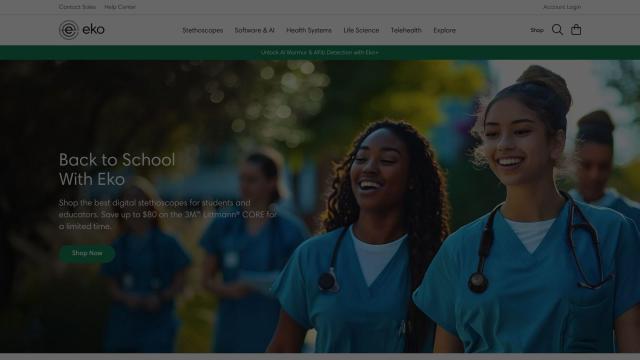
Eko
Last, Eko offers digital stethoscopes and AI-powered analysis to help doctors spot cardiovascular disease. The platform can be integrated with telehealth systems for live audio and video streaming, and offers features like amplified sound and noise reduction. Eko's technology has FDA clearance for its algorithm to detect heart failure, so it could be useful for remote patient monitoring.

